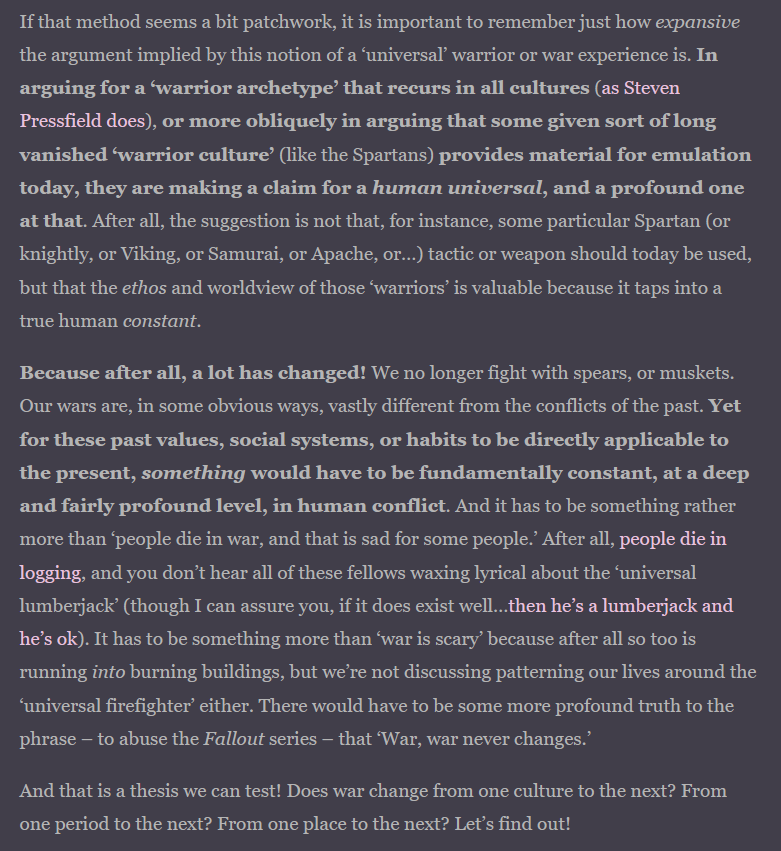
Sometimes going back to writing or editing a formal piece of writing after working on the blog, I am really struck by how much of a useful crutch it can be to be able to drop into an informal, conversational register.
It just makes managing flow and sentence length so much easier if you can follow up a technical sentence by dropping into that conversational register where you can sum up the big complex idea with a few quick words and a joke.
By way of example, this long chunk would have been hard to write in an entirely formal register especially if I wanted it to be reasonably digestible.
So I have some big complex sentences (especially in the first paragraph), which are then summed up conversationally at the end.
So I have some big complex sentences (especially in the first paragraph), which are then summed up conversationally at the end.

Not saying that is a particularly good chunk of writing mind you, just that it was fairly quick to produce and is, I think, reasonably clear and intelligible.
Also, it has a Monty Python joke in it, which is an automatic +5 to Writing Quality.
Also, it has a Monty Python joke in it, which is an automatic +5 to Writing Quality.
• • •
Missing some Tweet in this thread? You can try to
force a refresh


